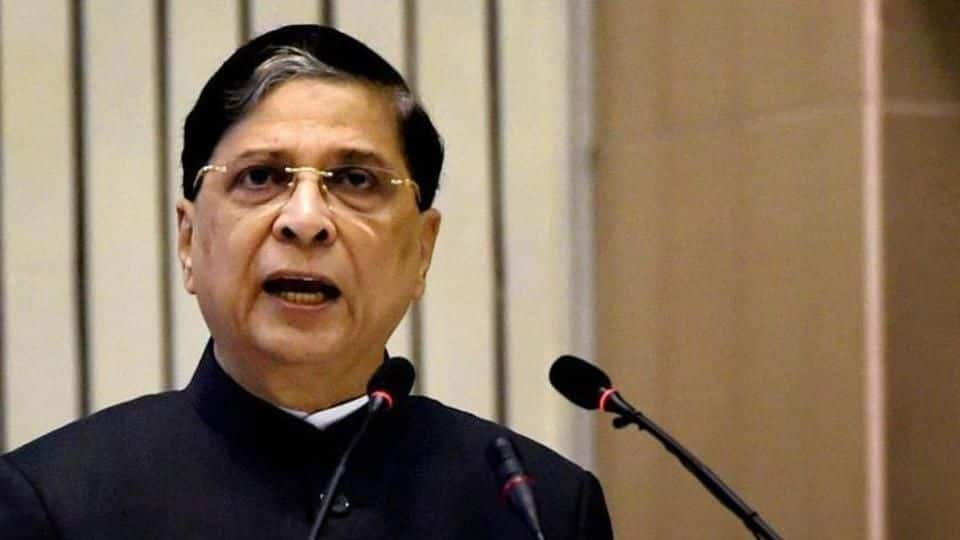
CJI Dipak Misra-led bench to hear Judge Loya case
What's the story
A three-judge bench headed by Chief Justice of India (CJI) Dipak Misra will hear PILs seeking independent probe into the death of CBI judge BH Loya. This comes after Justice Arun Mishra recused himself from the case last week. The recusal follows allegations by four top Supreme Court judges that the CJI was arbitrarily assigning important cases to select benches. Here are the details.
Background
Judge Loya's death
Judge BH Loya was a special CBI court judge who died in 2014. He was then presiding over the alleged fake encounter of Sohrabuddin Sheikh. BJP president Amit Shah was among the accused named in the case. He was subsequently discharged. Loya's death, initially reported to be due to heart attack, came under spotlight after media reports of suspicious circumstances surrounding the death.
Information
Petitions seeking probe into Loya's death
Two petitions were filed demanding investigation into suspicious death of judge Loya - one by a Congress party activist Tehseen Poonawalla, and another by a Mumbai-based journalist Bandhuraj Sambhaji Lone. The cases were assigned to bench of Justices Arun Mishra and Mohan M Shantanagoudar.
Arbitrary allocation claims
Top judges go public against CJI
Four senior Supreme Court judges - J Chelameswar, Ranjan Gogoi, Madan B Lokur, and Kurian Joseph, held a press conference on 12 Jan, protesting the irrational allocation of sensitive cases by the CJI to benches of his personal preference. Assigning of case seeking probe into judge Loya's death to Justice Arun Mishra-led bench was the trigger for going public, as admitted by Justice Gogoi.
Recusal
Justice Arun Mishra pulls out of Loya's case
Justice Arun Mishra, supposedly distressed by the whole episode of allegations by the four senior judges and for "unfairly" being targeted, had pulled out of the Loya death case hearing. In his order he said that the case should be placed before the "appropriate bench" a term which is understood to be used when the judge chooses not to hear the matter.